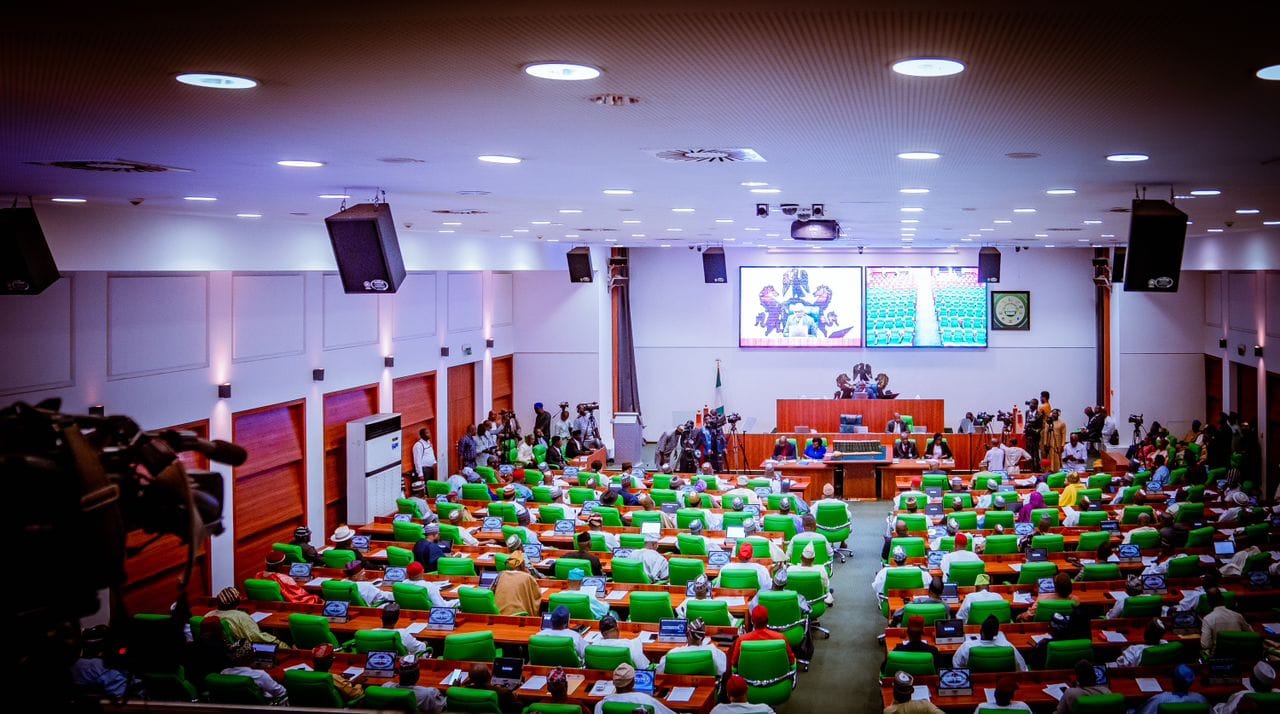House Of Representatives Advances Bill To Reinstate Parliamentary System In Nigeria.
The House of Representatives has taken a significant step towards reinstating Nigeria’s parliamentary system of government, as a bill seeking to alter the 1999 Constitution passed its second reading on Thursday.
Key Provisions of the Bill
The proposed legislation, sponsored by Minority Leader Kingsley Chinda and 59 other lawmakers, aims to establish the office of the Prime Minister as Head of Government while designating the President as the ceremonial Head of State. This shift would transfer executive authority from the President to a Prime Minister elected by the legislature.
The bill, titled “A Bill for an Act to Alter the Provisions of the Constitution of the Federal Republic of Nigeria, 1999 to Provide for the Office of the Prime Minister as Head of Government and the Office of President as Head of State and to Provide for a Framework for the Mode of Election to the Said Offices and for Related Matters,” is one of 32 constitutional amendment bills passed during a plenary session presided over by Deputy Speaker Benjamin Kalu.
Historical Context
Nigeria previously operated a parliamentary system during the First Republic (1960–1966), with Sir Abubakar Tafawa Balewa serving as Prime Minister and Dr Nnamdi Azikiwe as the ceremonial President. However, the system was disrupted following the 1966 military coup, leading to the adoption of a presidential system.
Reasons for the Proposed Change
The move to reinstate the parliamentary system has gained momentum among lawmakers across party lines. Proponents argue that it will reduce the cost of governance, encourage robust policy debates, and foster greater accountability.
In February 2024, 60 lawmakers, led by Wale Raji of the All Progressives Congress (APC), initiated discussions on the transition, highlighting its potential to enhance governance at federal, state, and local levels.
With the bill progressing through the legislative process, debates are expected to intensify on whether Nigeria should return to its pre-1966 parliamentary model. If approved, the constitutional amendment would mark a historic shift in the nation’s governance structure.



